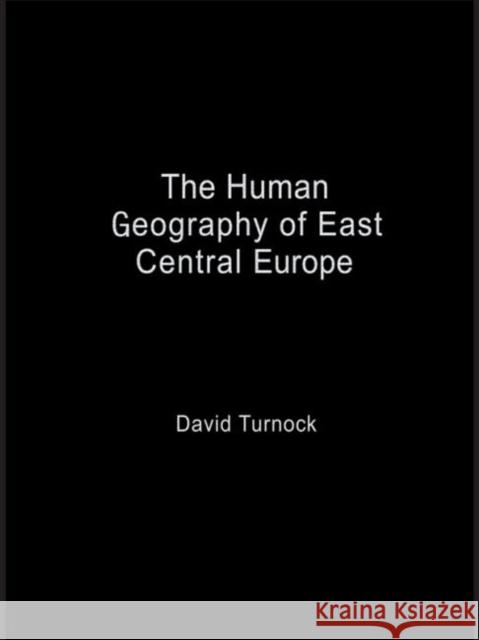The Human Geography of East Central Europe » książka
The Human Geography of East Central Europe
ISBN-13: 9780415121910 / Angielski / Twarda / 2002 / 448 str.
This study presents the geographical characteristics of the transition economies in East-Central Europe. The book deals with a substantial part of Europe, from East Germany and Poland, southwards to Romania, Bulgaria and Albania. The main themes of the transition from communism to market capitalism are outlined, and the variations within the region regarding civil societies and their transition strategies are discussed. Topics which are considered include the instability of the Balkans; the importnace of human resources and labour markets; restructuring of agriculture and industry; the reorientation of transport and electricity transmission systems away from Russia and towards Western Europe; provision of better services in the towns and villages; and coping with regional imbalances and environmental problems. The territories and countries of East Germany, Poland, the Czech Republic, Slovakia, Hungary, Romania, Bulgaria, Albania, Slovenia, Croatia, Bosnia and Hercegovina, Yugoslavia and Macedonia are all represented in the book. The book also examines questions about the future of the region.
The Human Geography of East Central Europe examines the geography of the transition economies that were not formerly part of the Soviet Union: Albania, Bosnia & Hercegovina, Bulgaria, Croatia, The Czech Republic, Hungary, Macedonia, Poland, Romania, Slovakia, Slovenia, Yugoslavia and East Germany. There is a thematic treatment beginning with the landscape and historical background, which moves on to the social and economic geography (industry, agriculture and infrastructure) and to issues concerning regional development and environmental protection.











